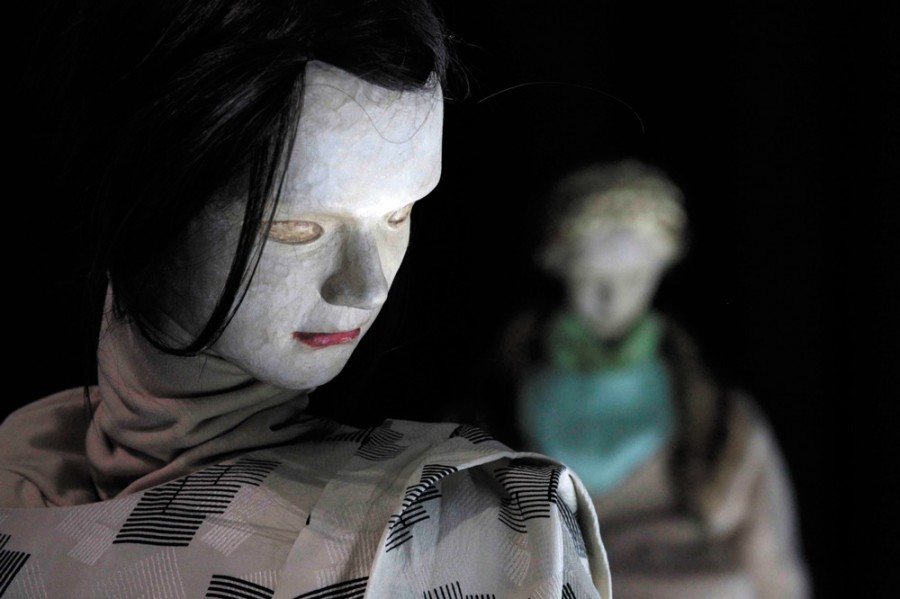
1st part: the family
From the first reading of Antigone, an ambiguity settles in the mind of the reader. Does Antigone embody action or reaction? What moves Antigone? The reaction never exists by itself whereas the action needs no one, it legitimizes itself in the act. Action always inaugurates something. Contrary to what is often said or believed, Antigone does not wait for Creon to be Antigone. Like Electra for revenge, Nausicaa for hospitality, Penelope for fidelity, Antigone embodies duty. It is action, because it serves: it is accomplished in duty. It is accomplished in servitude (are we pretending to forget that servitude means “to be a slave”?). Contrary to what is often said or believed, Antigone is never an individual. She never stands alone. If the law of Creon pushes it to action, and if this one can seem a reaction, it is only on the surface, by simple chronology.
Continue reading “Antigone, rebellious and intimate (1/7. The family)”